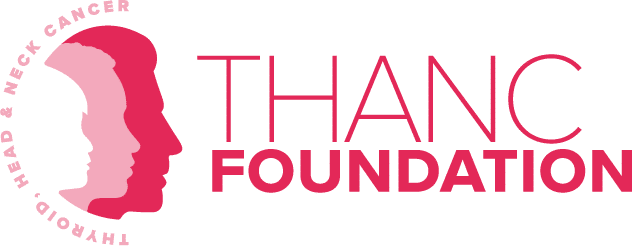The THANC Foundation once again lent a helping hand at the annual Thyroid Screening sponsored by The Mount Sinai Hospital’s Department of Otolaryngology-Head and Neck Surgery. September was Thyroid Cancer Awareness Month, and those who dropped by The Mount Sinai Hospital learned that thyroid cancer is not just the most common endocrine cancer but also one of the few cancers whose incidence has increased in recent years. The National Cancer Institute estimates 64,300 new cases of thyroid cancer will be diagnosed in 2016. In response to the rising prevalence, Mount Sinai’s annual Thyroid Screening aims to make screening more accessible for individuals at risk for thyroid disease.
The National Cancer Institute estimates 64,300 new cases of thyroid cancer will be diagnosed in 2016. In response to the rising prevalence, Mount Sinai’s annual Thyroid Screening aims to make screening more accessible.
The event was a huge and bustling success, with an impressive number of staff and visitors receiving free thyroid screenings, no appointment or prior preparation required. Experienced physicians and technicians from Mount Sinai conducted 135 screenings, which included neck examinations and ultrasound, and of the 135 participants screened, 45 were recommended for follow-up care. The THANC Foundation team was available to answer any and all questions related to thyroid disease, as well as to provide the participants with educational materials and trustworthy resources.
Early detection through thyroid screenings is critical for those at high risk for thyroid cancer because most thyroid cancers, if addressed proactively, have a good prognosis, high cure rate, and less treatment is required. Unfortunately, the vast majority of thyroid cancer patients don’t experience symptoms, so it is important to spread awareness of possible risk factors. Most notably, high-risk populations are individuals who have a family history of thyroid cancer, and people who have had exposure to radiation. However, it is also important to acknowledge that women are two to three times more likely to develop thyroid cancer than men, and while thyroid cancer can occur at any age, two-thirds of cases are found in people between the ages of 20 and 55 years.

Will You Share Your Story?
September is Thyroid Cancer Awareness Month. As part of that theme, we post stories written by thyroid cancer survivors, caregivers and medical professionals for our 30 Stories in 30 Days™ campaign. The insights they share can help others along their journey.



